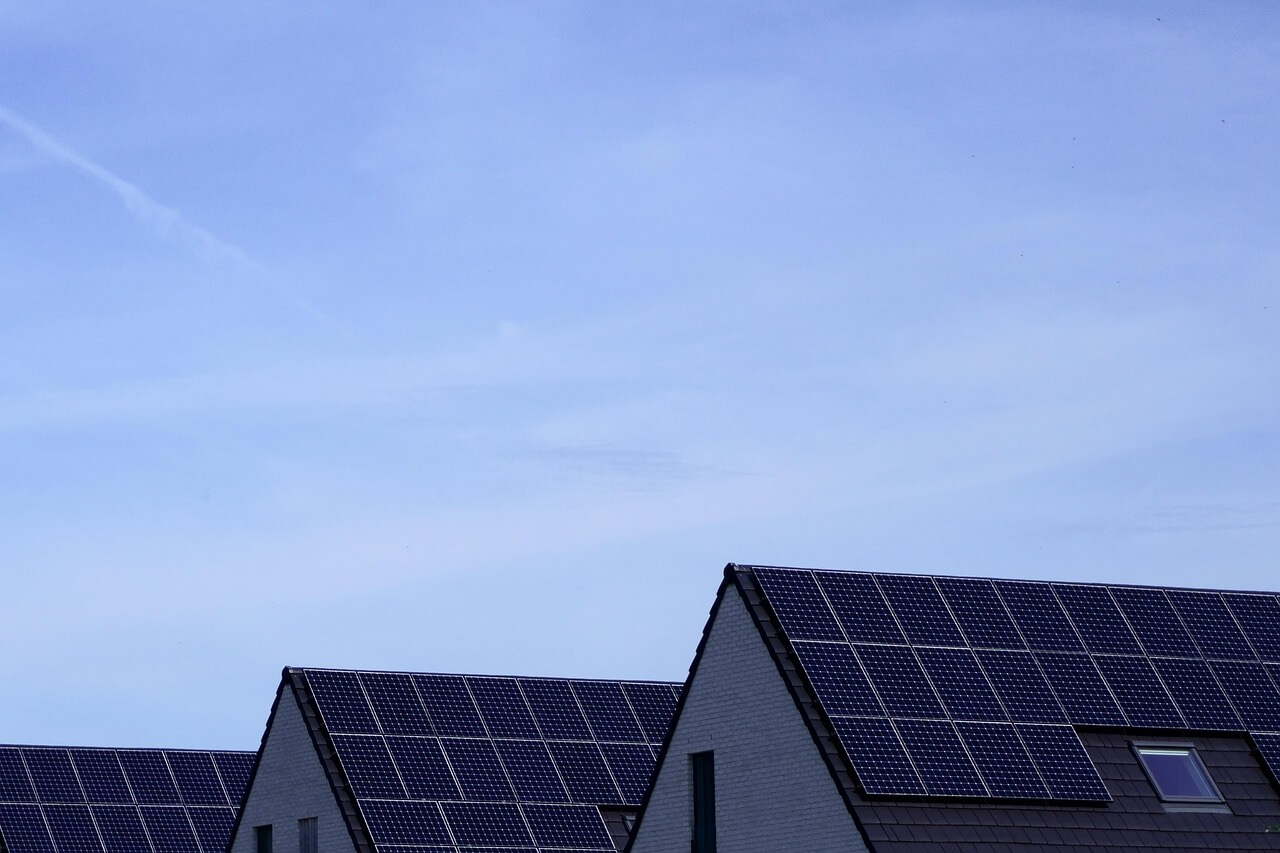
At the New Energy PV ESS Forum of the 2025 New Energy Industry Expo, Tuo Tang, a consulting engineer at the Energy Construction Era ESS Technology Research Institute, stated that with overcapacity in the new energy market, electricity prices may continue to decline, and PV projects may experience negative electricity prices during peak periods. The new energy development strategy has shifted from "resource competition" to "comprehensive capability competition," with investment returns closely related to project planning, cost control, and innovation capabilities. ESS application scenarios are expanding from the power supply side to the grid side and user side, with rapid development of grid-side ESS stations. Currently, lithium-ion batteries remain the dominant ESS technology, while other technologies are in the demonstration phase.
By the end of 2024, the national new-type ESS installation capacity reached 73.76 million kW, with an energy storage duration of 2.3 hours, leading in north-west and north China. ESS projects face issues such as inconsistent equipment quality, low access voltage levels, insufficient operational capabilities, and unclear investment return models. In terms of policy, new energy electricity prices have shifted to market-based formation, with mechanism prices determined by marginal clearing, ensuring stable guaranteed electricity volumes. These policies promote high-quality development in the new energy industry, and the economic viability of ESS requires ensuring that LCOS is lower than the new energy on-grid tariff.
Source: SMM https://news.smm.cn/

![[SMM PV News] Armenia Hits 1.1 GW Solar Capacity,](https://imgqn.smm.cn/usercenter/qQwIB20251217171741.jpg)
![Spot Market and Domestic Inventory Brief Review (February 5, 2026) [SMM Silver Market Weekly Review]](https://imgqn.smm.cn/usercenter/tSwaX20251217171735.jpg)
